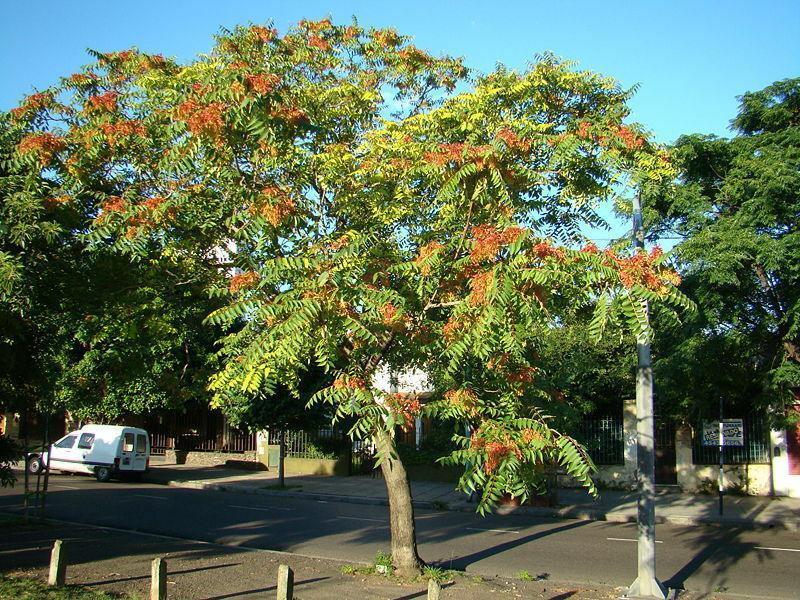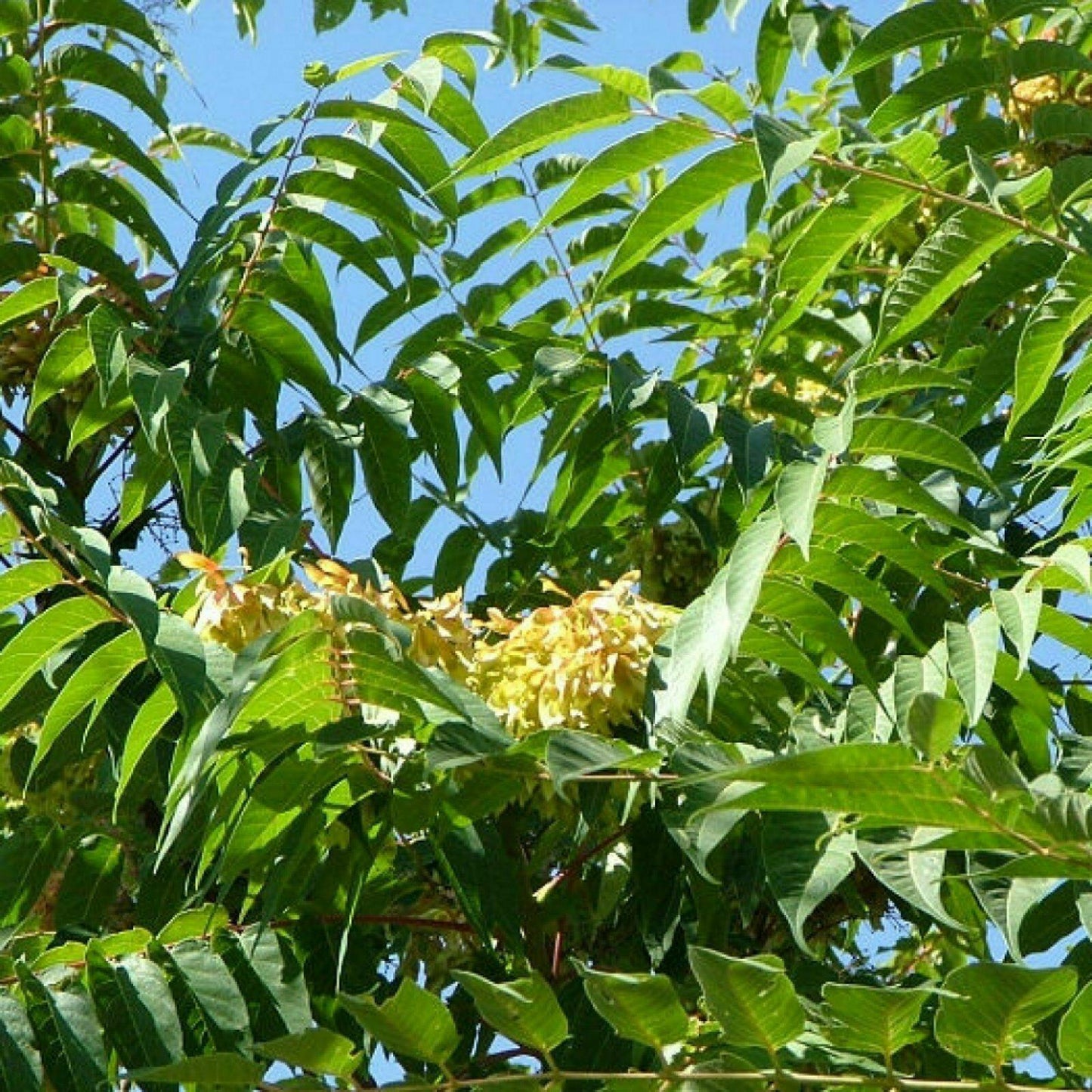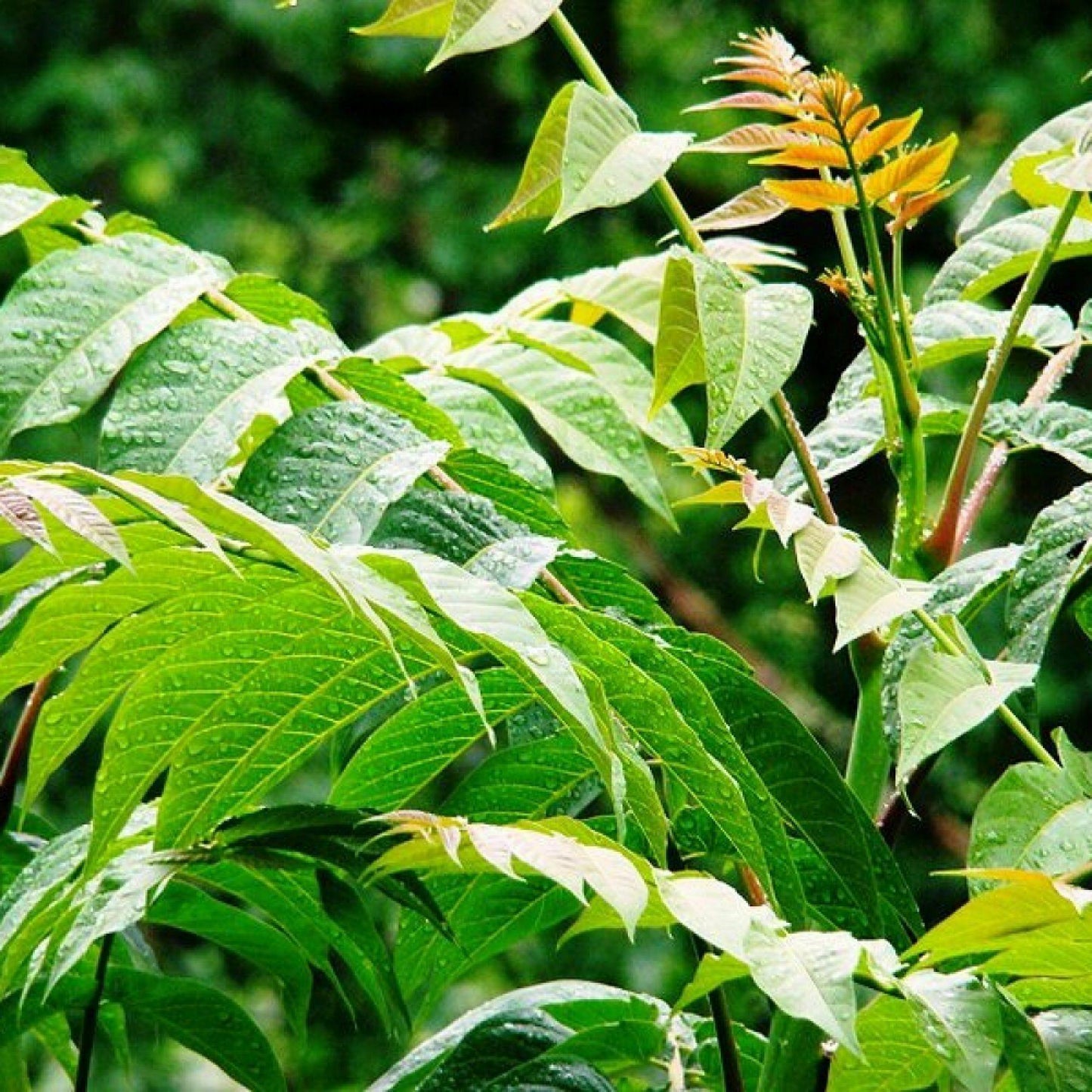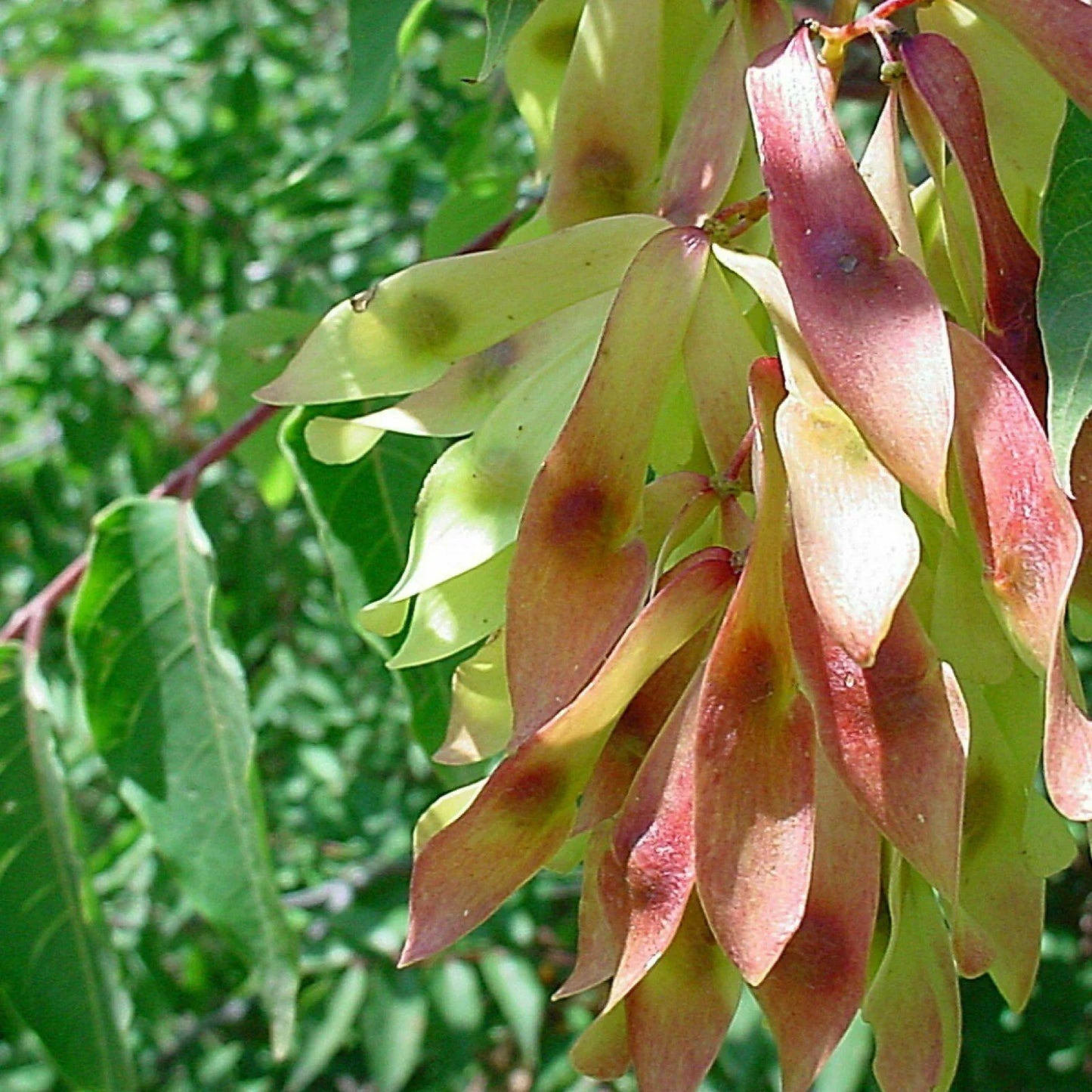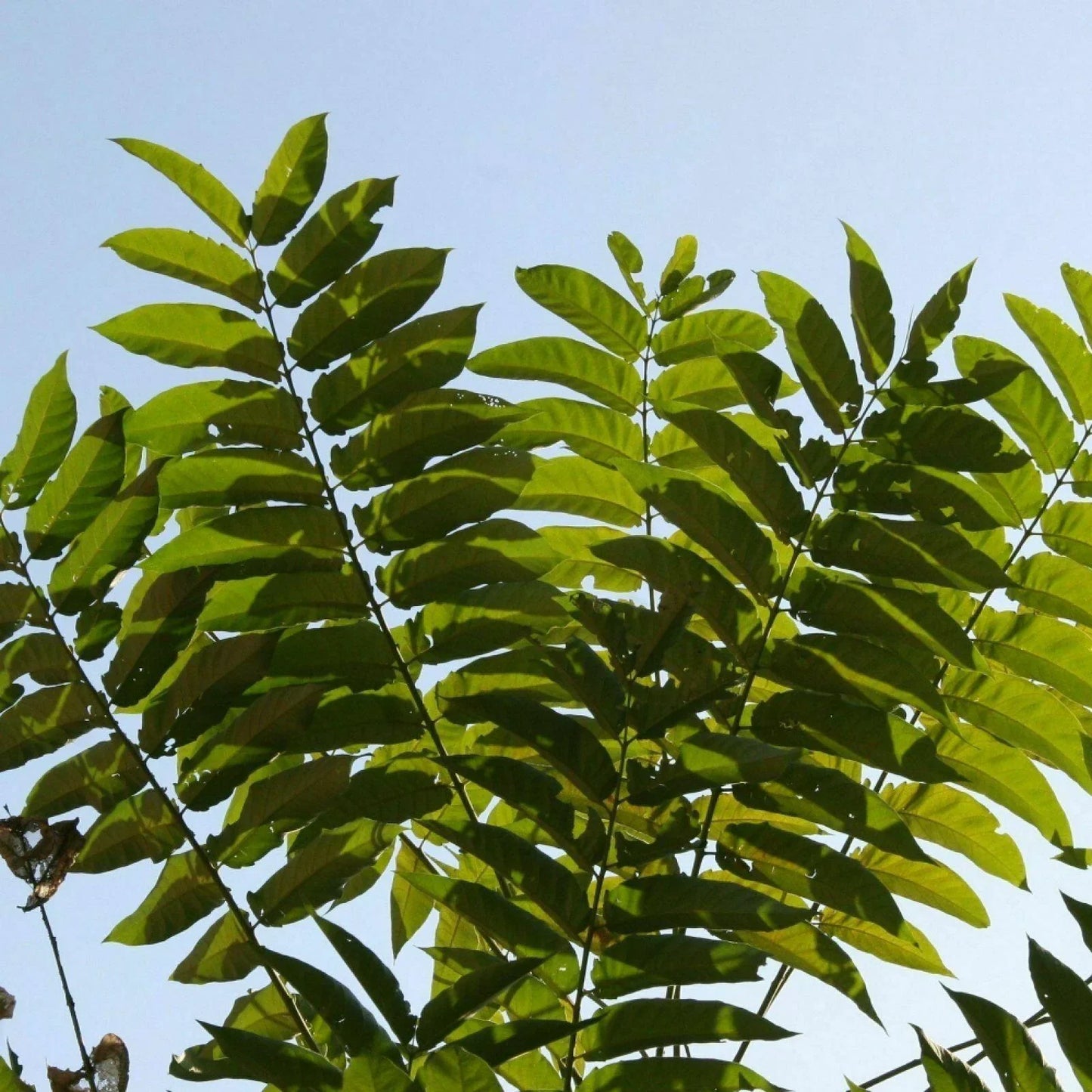Seed World
Tree of Heaven Seeds – Ailanthus altissima | 30 Premium Seeds
Tree of Heaven Seeds – Ailanthus altissima | 30 Premium Seeds
Couldn't load pickup availability
Tree of Heaven Seeds – Ailanthus altissima (30 Count)
Ailanthus altissima, commonly called Tree of Heaven, is prized for its rapid growth and generous shade canopy. These seeds are ideal for growers who need a resilient ornamental tree that thrives even in urban soils. Important: Always confirm local regulations before planting, as this species can be invasive in some regions.
Key Features
- 🌳 Rapid canopy establishment – reaches 12–25 m when mature
- 🏙️ Urban-tolerant – withstands compacted, polluted, or poor soils
- ☀️ Adapts to full sun or partial shade
- ❄️ Hardy in USDA Zones 4–8 once established
- 📦 30 carefully cleaned, viability-tested seeds per pack
Planting & Germination Guide
- Pre-Treatment: 60 days cold, moist stratification
- Sowing Depth: 1 cm (½ in); keep medium evenly moist
- Germination Window: 21–45 days at 20 °C / 68 °F after stratification
- Soil: Well-drained loam, pH 6.0–7.5; tolerant of clay & rubble
- Transplant: Move seedlings once 10 cm tall; final spacing ≈ 3 m
FAQ
Is Tree of Heaven invasive?
In many regions Ailanthus altissima is listed as invasive because it spreads by root suckers and wind-borne seeds. Verify your municipal or state guidelines before planting, and remove volunteer seedlings promptly.
Do I really need to cold-stratify the seeds?
Yes. A two-month cold, moist stratification dramatically improves germination. Place seeds in damp sand or vermiculite inside a sealed bag at 2–5 °C / 35–40 °F.
How fast will it grow?
With adequate light and moisture, seedlings can reach 1 m (3 ft) in the first year and provide useful shade within 5–7 years.
Where to buy Tree of Heaven seeds for sale?
At Seeds World we ship fresh, germination-tested Tree of Heaven seeds across the U.S. in protective packaging. Orders leave our warehouse within 48 hours, and mix-&-match quantity discounts apply.
Share
How can you morally sell these seeds. This tree has symbiotic relationship with the lantern fly. Both are ecologically detrimental.
